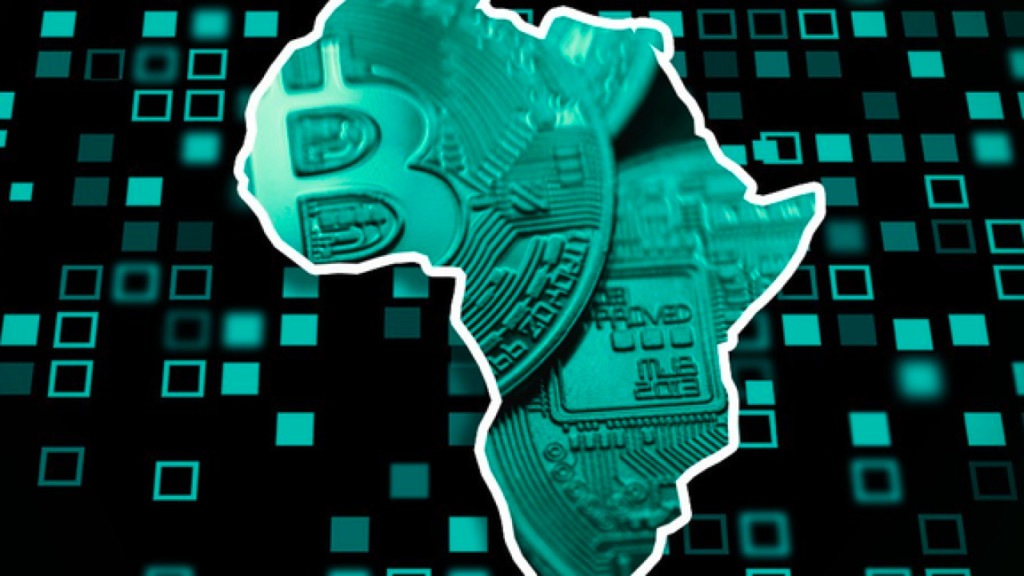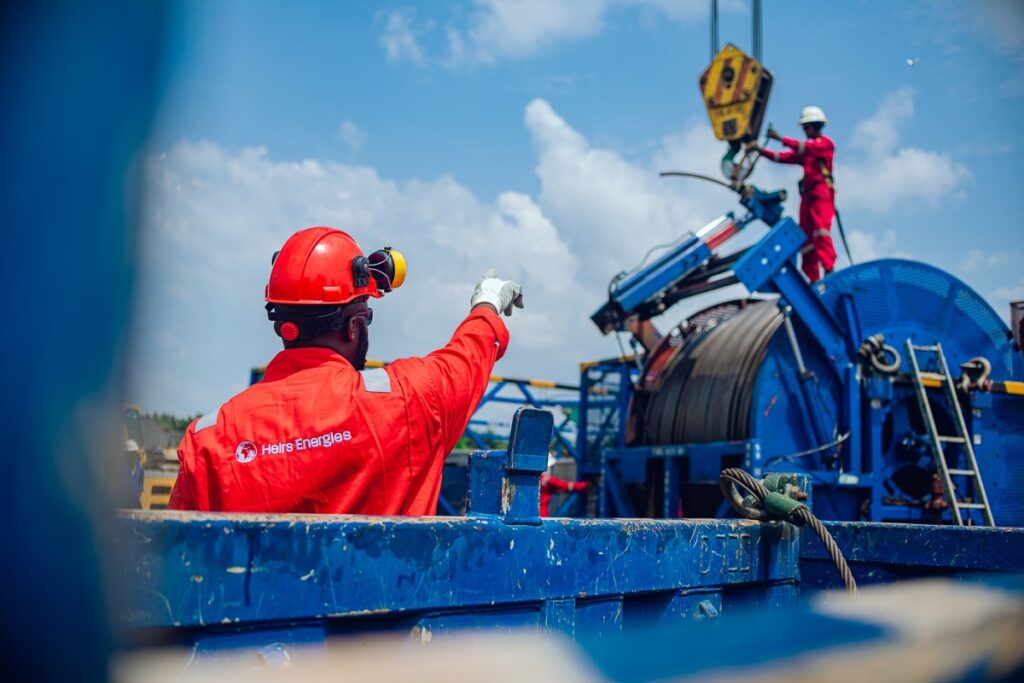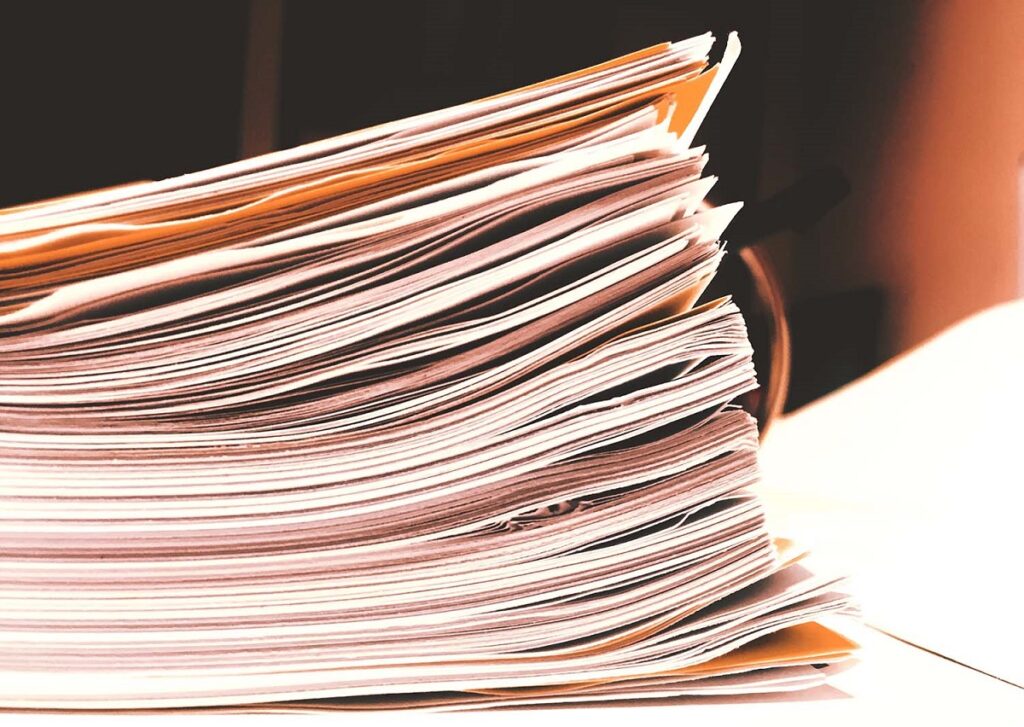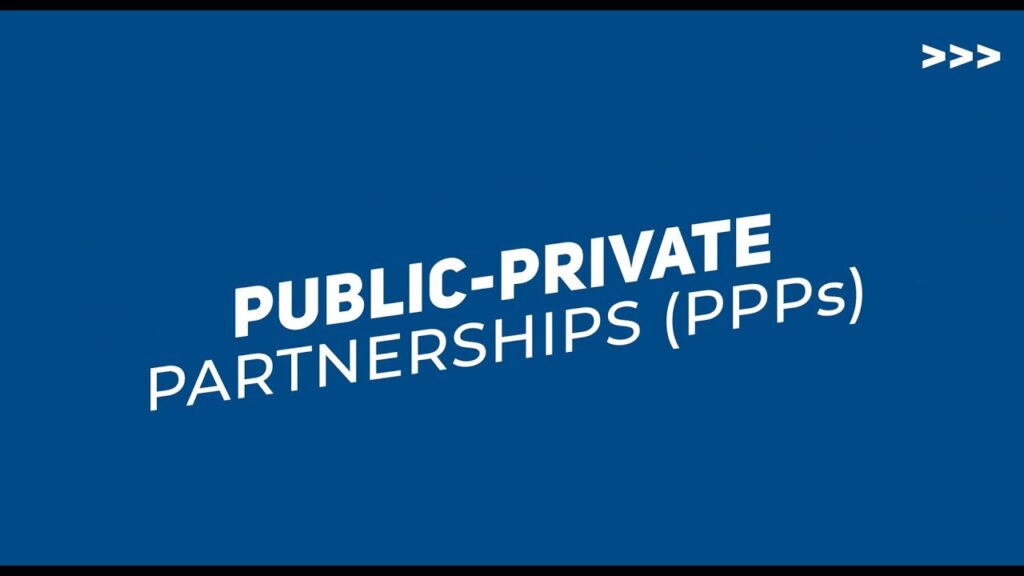- Africa’s Green Economy Summit 2026 readies pipeline of investment-ready green ventures
- East Africa banks on youth-led innovation to transform food systems sector
- The Washington Accords and Rwanda DRC Peace Deal
- Binance Junior, a crypto savings account targeting children and teens debuts in Africa
- African Union Agenda 2063 and the Conflicts Threatening “The Africa We Want”
- New HIV prevention drug is out — can ravaged African nations afford to miss it?
- From banking to supply chains, here’s how blockchain is powering lives across Africa
- Modern railways system sparks fresh drive in Tanzania’s economic ambitions
Author: Opinion
Through blockchain ecosystem, millions of Africans are getting the opportunity to save funds, receive payments, and even access credit using nothing more than a smartphone and an internet connection. For informal savings groups, such as South African stokvels, blockchain and smart contracts are increasing transparency and automating payouts, reducing disputes and making small-scale lending easier. Supply-chain transparency is another area where blockchain is making a tangible impact. As Binance Blockchain Week, taking place from 3 to 4 December, approaches, it’s clear that blockchain is no longer just a buzzword for cryptocurrency traders. Across South Africa and the wider continent, it is…
Traditional grid extension to drive energy access is rarely feasible for rural communities in Africa, but distributed generation (DG) systems and microgrids offer scalable, cost-effective, and increasingly low-carbon solutions that can deliver reliable power to schools, health centers, and households. The countries facing the most severe access gaps include Burkina Faso, Burundi, the Central African Republic, Chad, the Democratic Republic of Congo (DRC), Malawi, Niger, and South Sudan, each with electrification rates below 30%. Decentralized systems, such as solar home units and mini-grids, deliver energy precisely where it’s needed: directly to households, schools, and businesses that national utilities cannot reach…
Universal energy access must be the anchor of Africa’s climate roadmap. African governments and their partners must weave energy access into the heart of climate policy. This means scaling renewable energy investments, strengthening grids, reforming utilities, and designing transition pathways that reflect Africa’s demographics, industrial goals, and financing constraints. With COP30 underway in Belém, Brazil, the global community is once again confronted with the urgency of climate action. For Africa however, the conversation must begin with a more fundamental question: how do we power the continent so that climate ambition does not outpace development reality? While advanced economies frame climate progress…
African oil and gas producers should also seek to maximize their own capacities as they develop their own subsurface resources. Countries need to build gas-fired plants that can provide cleaner power than existing coal- and petroleum product-burning plants; liquid petroleum gas (LPG) plants that can replace traditional biomass fuels such as wood and charcoal, which contribute to health problems and deforestation; and compressed natural gas (CNG) plants that can produce fuel for vehicles. At ADIPEC this year, I was skeptical about participating in COP 30. African nations are heading to Brazil for COP 30 in Belem. The United States, under…
Globally, content piracy costs the media and entertainment industry over $75 billion annually, with projections pushing that number to $125 billion by 2028. More than 229 billion visits to piracy websites were recorded in 2023 alone, with Gen Z and millennials contributing to over 70 per cent of those visits. This isn’t just a global problem—it’s a generational one. In Kenya today, media isn’t just entertainment—it’s the heartbeat of youth culture. It’s the Gengetone beat pulsing through TikTok dances, the graffiti on matatus turning public transport into a gallery, the viral YouTube skits that echo our humour, and the Showmax…
Africa’s energy future remains a tough question for policymakers to answer. Can Africa genuinely fulfil the promise of eradicating energy poverty by 2030? Optimism should not stem from wishful thinking but from tangible evidence that Africans can seize control of their destiny. As we move forward, it is imperative that we harness our collective potential and take ownership of our energy future. As Africa Energy Week wraps up in Cape Town, we are faced with a pressing question: Can we genuinely fulfil the promise of eradicating energy poverty by 2030? The answer hinges not on foreign investment or external solutions, but…
For Kenya’s fast-scaling enterprises, data disorganisation is an existential threat that leads to Massive Inefficiency where for instance ales teams waste hours, finance teams struggle to report accurately, and customer service lacks complete client visibility. It also sees firms waste tech investment since sophisticated technology becomes more “expensive, complex, and ultimately futile” when applied to a chaotic data foundation. What’s more, rapid growth in dynamic markets like fintech or agritech exposes every weakness, forcing companies to choose between slowing down or scaling with massive operational overhead. Walk into any boardroom across Nairobi, Mombasa or Kisumu cities in Kenya today, and…
· Public-private partnerships (PPPs) have a critical role in Africa, providing not only the systems but also the security frameworks that keep information safe while still enabling smarter, faster trade. · The real challenge is not only to bridge the divide but to design a model of trade that reflect’s Africa’s own realities and ambitions. · PPPs, when built on trust and shared responsibility, can play a decisive role in that transformation. Africa stands at a turning point. Home to nearly a fifth of the world’s population but responsible for less than 3 per cent of global trade, the…
Africa’s energy transition must be designed in Africa, for Africa, balancing three urgent imperatives: expanding energy access, driving industrial growth, and prioritising energy security for the continent. That means shaping policies, financing mechanisms, and partnerships that work for Africa rather than copying models that do not. External expectations have framed Africa’s role in the energy transition for years. Despite facing different realities, such as limited infrastructure, restricted access to capital, and less influence in global energy policy, it has been assumed that Africa will follow the same decarbonisation path as developed economies. This way of thinking is misaligned with today’s…
Africa is more than next frontier, its already setting the pace, through innovation born out of necessity, creativity rooted in culture, and progress driven by community, writes Yi He, Co-Founder of Binance. Innovation in Africa is tested daily against the pressures of currency instability, unreliable power, and low-trust systems. These are the conditions where bold ideas are stress-tested, and where blockchain technology has found meaningful, everyday applications. Each year, Africa Day serves as a celebration of the continent’s culture, history, and progress. But in 2025, Africa is doing more than celebrating — it’s leading. For too long, Africa has been…














